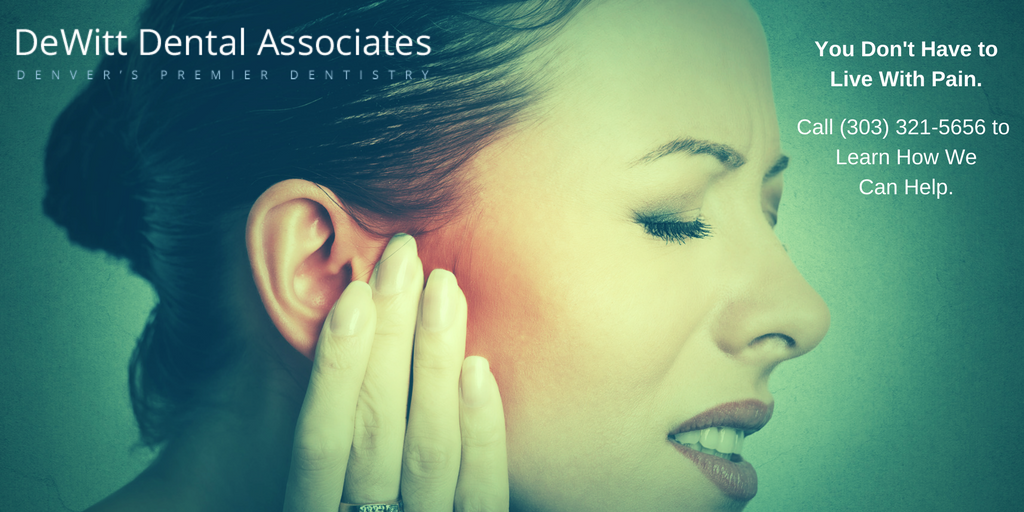The risk for Bruxism, more commonly known as tooth grinding, may increase under stressful situations. Unconscious tooth grinding can occur as a stress response, even while you sleep. Similarly, frustration, anger, and anxiety increase the likelihood of tooth grinding, particularly in people whose personality type is more energetic, frenetic, or competitive.
According to the Mayo Clinic, bruxism may be a result of:
- Age – teeth grinding is more common in children
- Heredity – bruxism may be more common among individuals with a family history of the condition
- Caffeine and nicotine – stimulants, including those found in tea, coffee, soda, and tobacco, increase risks for tooth grinding
- Alcohol and narcotics – alcohol and illicit drugs can increase risks for bruxism, particularly during sleep
- Psychiatric medications – some antidepressants have been linked to bruxism
The Mayo Clinic also lists a host of medical conditions that may increase risks for grinding teeth. Among those are:
- Parkinson’s disease
- ADHD
- GERD
- Dementia
- Sleep apnea
If you notice a propensity towards jaw clenching or tooth grinding as you go through your day, you may be doing untold damage to your smile. The experienced dentists at our Cherry Creek office are specially equipped to treat bruxism and welcome an opportunity to meet with you, assess your condition, and help you find a solution that protects and restores comfort to your smile.

What are the Symptoms of Bruxism?
In addition to a noticeable grinding of the teeth, individuals with bruxism may develop symptoms such as:
- Irregular, uneven, and premature tooth wear
- Tooth enamel that is chipped or cracked without trauma
- Increased tooth pain and sensitivity
- Loose or shifting teeth
Bruxism is also a key contributor to TMJ, a neuromuscular condition related to jaw alignment. As such, some of the symptoms of bruxism are similar to those of TMJ. These include:
- Chronic headache
- Jaw and generalized facial pain
- Earache without the presence of infection
- Neck, shoulder, and back pain
Bruxism may cause sleep disruptions, increasing daytime fatigue along with risks for the emotional and physical complications caused by exhaustion. For these reasons alone, seeking treatment for tooth grinding should be considered an important step in maintaining your overall health and wellness.
How is Bruxism Treated?
Bruxism often occurs during sleep, at times when you cannot exercise any control over your physical responses. This makes a nightguard one of the most effective treatments for tooth grinding. Our dentists customize these oral appliances for optimal comfort, allowing them to prevent tooth grinding without impacting sleep.
Treating damage that has already occurred may require a service such as dental bonding or crowns. We offer same day dental crowns, manufactured with advanced CEREC technology, enabling us to perform fast and appealing restorations for damaged teeth without sacrificing quality or durability.
Of course, your behavior also plays a role in your tooth grinding. Stress reduction and healthy living can play a significant role in your physical responses, including bruxism, and can be incredibly complementary to your tooth grinding treatment. During your initial consultation, we would be happy to discuss this with you in greater detail.
Do you struggle with teeth grinding? Call DeWitt Dental Associates at 303-321-5656 to schedule a consultation with one of our dentists today. Located in Cherry Creek, we provide bruxism treatment for men and women living throughout the Metro Denver area, including Aurora, Highlands Ranch, and Centennial.
